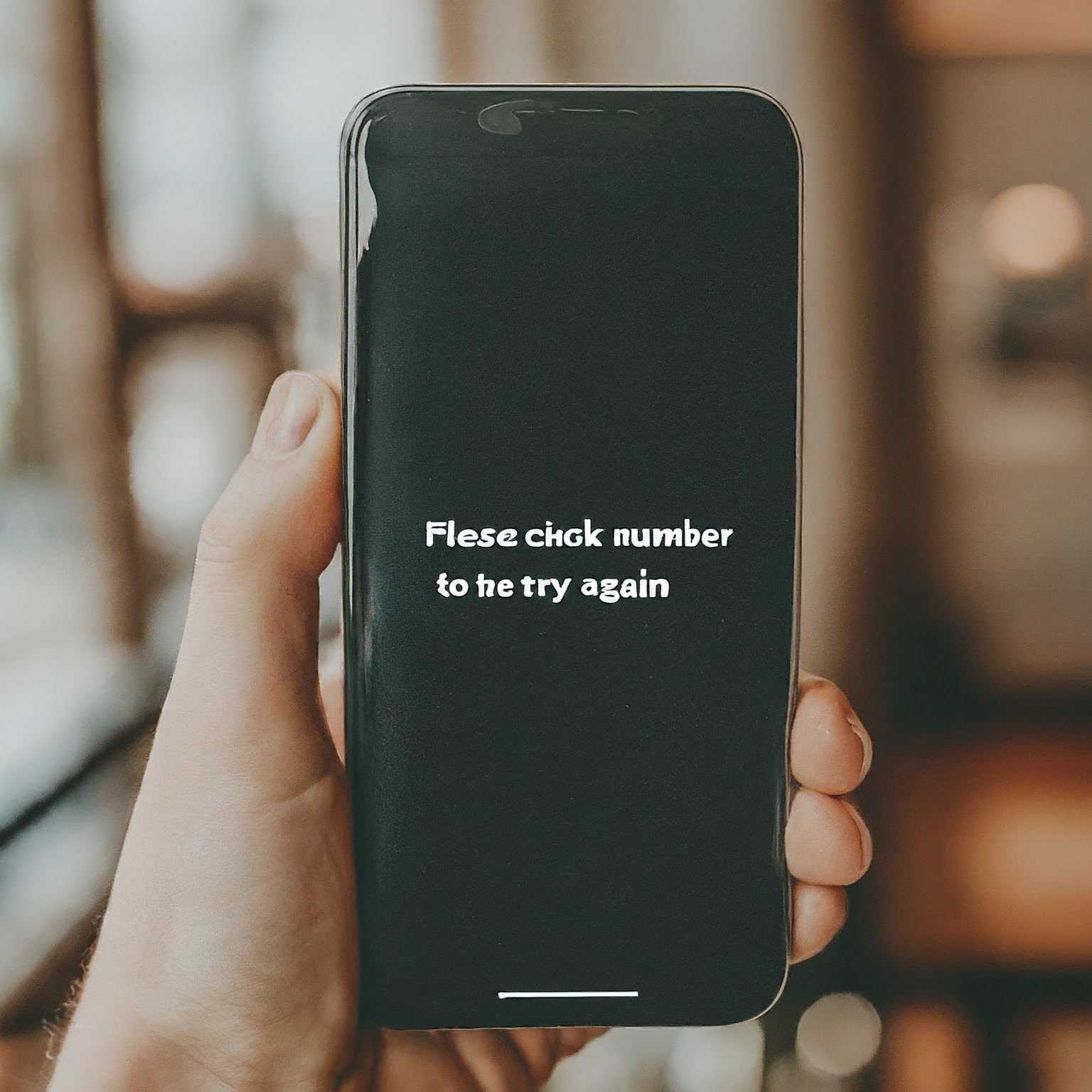An unallocated number is a valid telephone number that hasn’t been assigned to a specific user or service. These numbers exist within a pool of available resources, waiting to be allocated by telecom operators to their customers. While they may seem harmless, unallocated numbers can cause confusion, frustration, and even potential scams.

The Genesis of Unallocated Numbers
The telecommunications system generates a vast amount of phone numbers, but not all of them are immediately put into use. These unassigned numbers are known as unallocated numbers. They are often held in reserve by carriers for future use or to meet sudden surges in demand.
Why Unallocated Numbers Matter
While unallocated numbers may seem innocuous, they can create several issues:
- Misdialed Calls: People may accidentally dial an unallocated number, leading to a “number not in service” message or a dead end. This can be frustrating for the caller and a missed opportunity for the carrier if the number was intended for a potential customer.
- Scams and Spoofing: Scammers can exploit unallocated numbers by spoofing them, making it appear as though calls are coming from legitimate sources. This can lead to phishing attacks, identity theft, and other fraudulent activities.
- Inefficient Numbering Resources: A large pool of unallocated numbers can lead to inefficiencies in the numbering system, as valuable resources remain unused while new area codes are introduced to meet demand.
How to Deal with Unallocated Numbers
If you encounter an unallocated number, there are a few things you can do:
- Double-check the Number: Ensure that you have dialed the correct number, including the area code.
- Try Again Later: The number might be recently unassigned and could be assigned to a new user soon.
- Report Suspicious Activity: If you suspect that an unallocated number is being used for fraudulent purposes, report it to your service provider or the relevant authorities.
The Future of Unallocated Numbers
As technology advances and communication patterns change, the role of unallocated numbers in the telecommunications landscape may evolve. The increasing adoption of VoIP (Voice over Internet Protocol) and other internet-based communication services could reduce the demand for traditional phone numbers, potentially leading to a larger pool of unallocated numbers.
Telecommunication companies are exploring ways to optimize the allocation and utilization of numbering resources, including the use of number pooling and number recycling. These initiatives aim to reduce the number of unallocated numbers and ensure that the available resources are used efficiently.
In conclusion, unallocated numbers are a significant aspect of the telecommunications landscape, with potential implications for consumers and businesses alike. By understanding their nature and taking necessary precautions, individuals can protect themselves from scams and ensure a smooth communication experience. As technology continues to advance, the role of unallocated numbers may change, but their importance in the telecommunications ecosystem will remain.